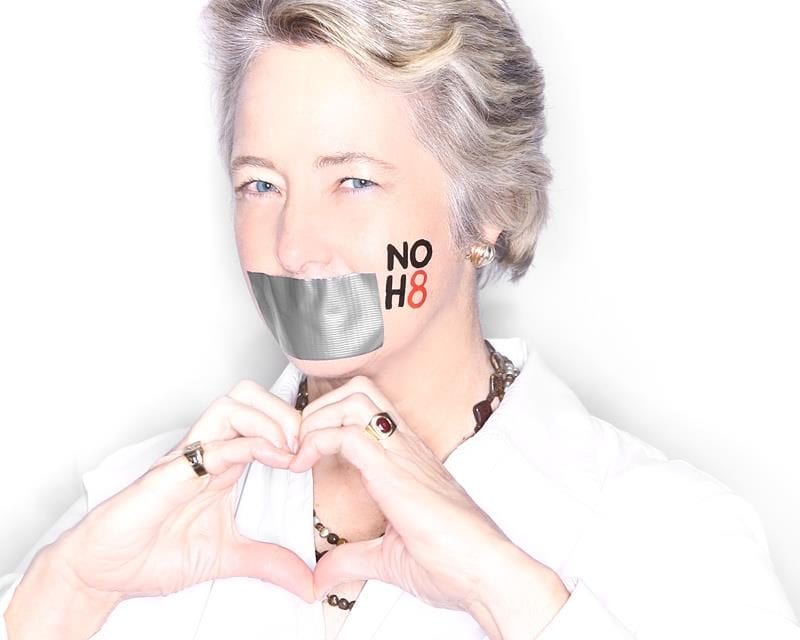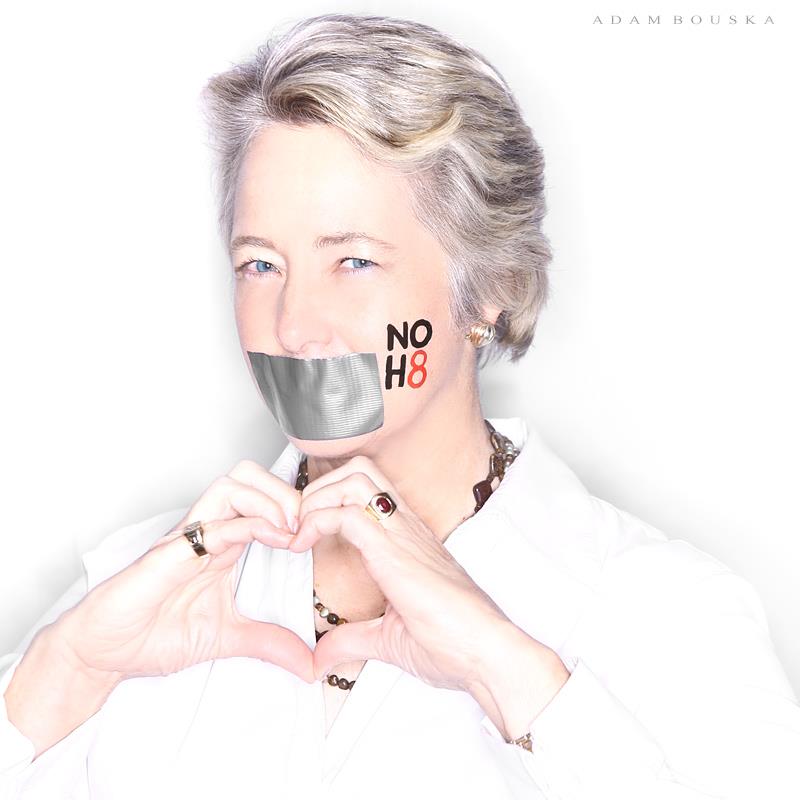Local and state officials and agencies applauded the U.S. Supreme Court’s rulings Wednesday in striking down the Defense of Marriage Act and allowing a pathway for marriage equality to return to California.
In two 5-4 decisions, Section 3 of DOMA was ruled unconstitutional and the federal government will have to recognize legally married same-sex couples. But Section 2 that addresses states recognizing same-sex marriages, was not up for consideration and the high court dismissed the Proposition 8 case on standing. So while many officials in Texas were pleased with the DOMA ruling, their attention turned to how to create marriage equality in Texas.
“The desire to legally affirm and protect loving relationships and families is fundamental and one that the American people increasingly understand and support,” lesbian Houston Mayor Annise Parker said in a statement. “The Court’s decision strikes down an inequality that has prevented legally married same-sex couples from enjoying the same rights as other married couples. Today we take a huge step forward, but this fight is not over. It is my hope that the decision leads to greater acceptance and tolerance — and ultimately to full equality.”
Dallas County District Clerk Gary Fitzsimmons, who’s openly gay, said he was glad the ruling found that gay couples deserve the same federal protections.
“It is the concept of equal protection that ensures all Americans regardless of background may enjoy the freedom and dignity afforded to them by the constitution and not just a privileged few who happen to be members of a particular racial or ethnic group, religious denomination, gender or sexual orientation,” Fitzsimmons said.
State advocacy group Equality Texas said it was grateful for the rulings but reminded Texans that the state still doesn’t acknowledge same-sex relationships.
“Texas doesn’t currently allow loving, committed lesbian and gay couples to marry. Lesbian and gay couples want to get married for the same reasons as anyone else: to stand in front of friends and family to make a lifetime commitment to the person they love; to share the joys and the sorrows that life brings; and to be a family and to be able to protect that family,” the statement reads. “Equality Texas has helped to lay the foundation for marriage equality in Texas, and the progress is palpable. Together with lawmakers, we will continue to support all forms of pro-LGBT legislation, realizing that we must continue to change hearts and minds in Texas to support LGBT equality.”
Resource Center Dallas and Cathedral of Hope also released statements.
“[Section 2 of DOMA] says that states like Texas do not have to recognize our marriages from those marriage equality states, and it will take Congressional action or further litigation to dismantle this discriminatory and unjust law,” RCD’s statement reads. “Although the Section 3 DOMA ruling does not directly affect the estimated 1.17 million LGBT Texans, it is rightfully regarded as a key milestone toward full equality. … Together, both of these cases will hasten the day when marriage for all will be the law of the land across Texas and nationwide.”
COH Executive Minister Rev. Dr. Dawson Taylor and Executive Director Daniel Dubree said in their statement that they gave thanks for the court’s stance for marriage equality and would continue to pray for marriage equality nationwide.
“Expanding the federal protections of marriage to all married loving, committed couples and their families will allow them to take better care of each other. Stronger families lead to stronger communities,” the statement reads. “We had hoped the Supreme Court would rule on the fundamental right to marry in every state, but it did not. Our hope is that states that currently discriminate against same gender couples by not allowing them the right to marry will voluntarily rescind their unfair laws as many states did in 1967 when discriminatory laws based on race were ruled unconstitutional by the Supreme Court.”


